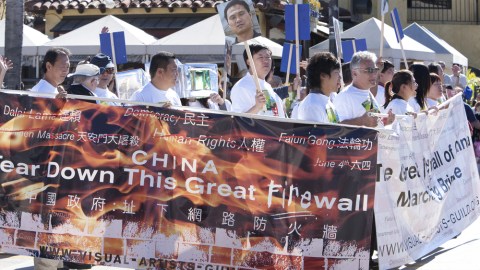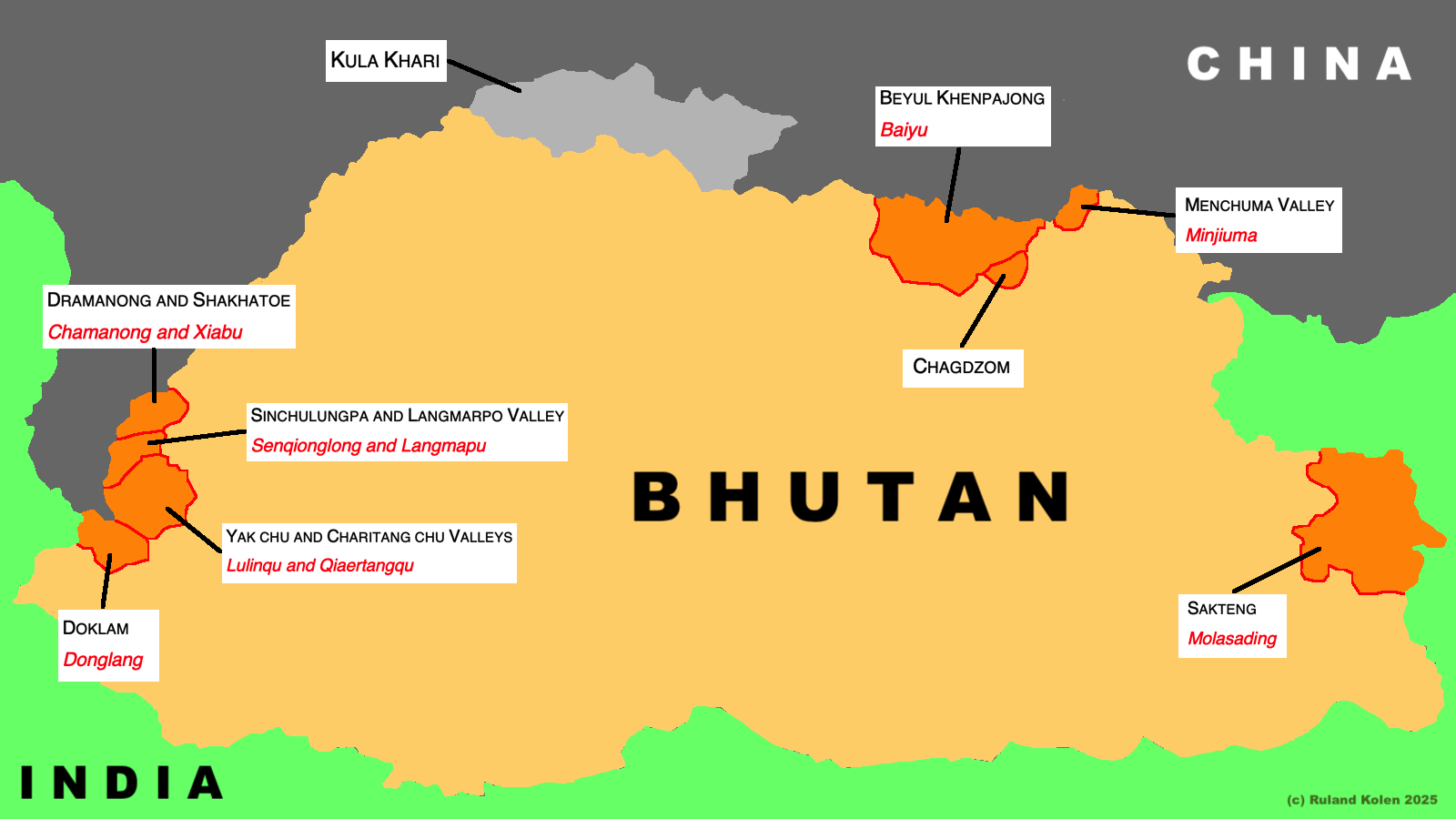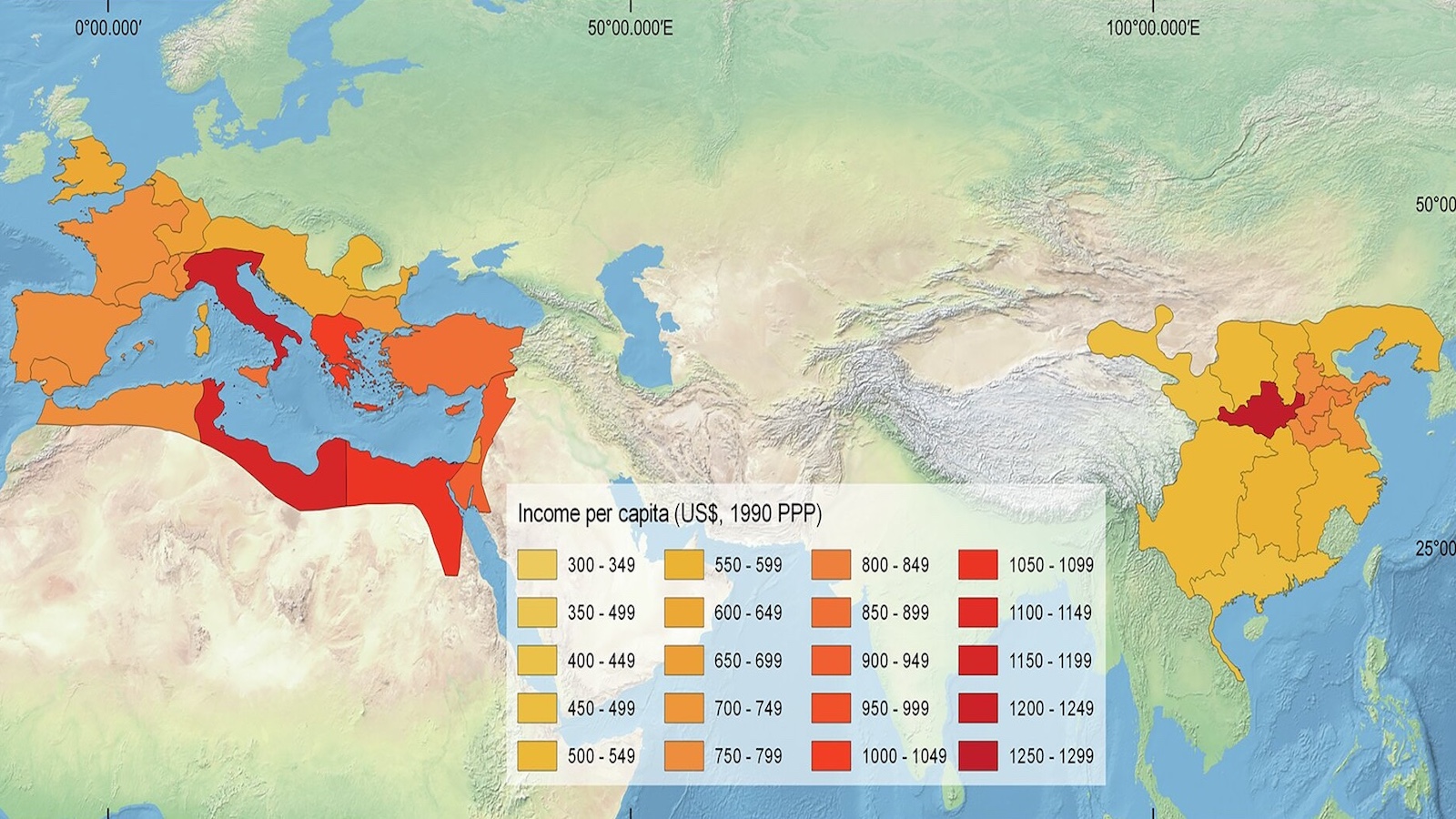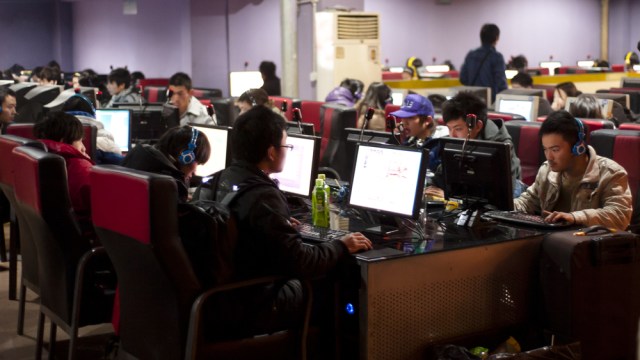Poking Holes In China’s Great Firewall

What is the Big Idea?
It’s late May and the year is 1989. Among the chaos in Tiananmen Square is 20-year-old David Tian, who is one of millions bravely chanting for political and economic reform from a corrupt and oppressive government.
Tian narrowly escapes the worst of this event by hopping on a crowded train a week before June 4, 1989, the day the People’s Liberation Army was to roll into Tiananmen Square with tanks and guns to rid the area of protestors. The train takes him and five of his classmates back to Hefei, which is 1,100 km from Beijing. It was what he describes as the “worst 10 hour train ride of my life.” He continues to stage protests from his home in this eastern part of China, where he is a student at the University of Science and Technology majoring in atmospheric physics.
In the years following 1989, the government used propaganda campaigns to help people forget about what is now known as the “June 4th incident.” News reports indicate that the Chinese search engine Baidu blocks about 19 deviations of the date June 4 including “six four,” homophones and abbreviations like “sf.”
Tian was sad and furious at the lengths the Chinese government went to cover up what happened in Tiananmen Square.
“That part of history is totally wiped out.” said Tian. “There is a generation of students who have no idea what happened.”
What is the Significance?
For Tian, the events of Tiananmen Square served as an impetus for change, although he did not know it yet. Tian graduated from college in 1991, and in 1993 he moved to Los Angeles to pursue his PhD in atmospheric science at UCLA. In 1999, he started practicing Falun Gong, a religious movement that started in China that combines exercise, meditation and moral teachings to improve the health of its practitioners. By then, there was an estimated 70 million followers, according to Chinese government reports. Threatened by its sheer size and Buddhist teachings, the Chinese government banned the group, dismissed it as a cult and started persecuting practitioners in July of that year. Practitioners were arrested, jailed, tortured and sometimes killed according to reports by the Falun Dafa Information Center based in New York City.
“It was like Tienanmen Square all over again,” said Tian who read about the persecution from Los Angeles. “It reminded me of the same nightmare.”
Tian’s breaking point came when the government launched a propaganda campaign in July 1999 to slander Falun Gong by spreading what he calls “lies to defame the movement” on China’s nascent world wide web. At the same time, they blocked Falun Gong Websites that were hosted inside and outside of China. Tian felt they were wrongfully accused when the government called them a “heretical organization” on state owned news reports. Tian decided it was time to do something. In 2001, he exchanged emails with other tech savvy Falun Gong practitioners he’d met in Falun Gong chat rooms on the Internet to create what is now one of the most popular censorship circumvention tools for Chinese Internet users. He called it Freegate. Tian joined forces with the creators of Ultrasurf, another circumvention software launched by Falun Gong practitioners around the same in the U.S., and they called themselves the Global Internet Freedom Consortium.
Freegate and Ultrasurf are applications that allow Internet users to gain access to blocked websites in countries with strict censorship rules. This is useful for those who live in closed societies like China, where the government now has what experts say is one of the most sophisticated and robust censorship technology in the world. The Chinese government shows no signs of loosening their grip on censorship as they employ increasingly more people and money to target user generated content like blogs, microblogs and social networking sites. In October the government proposed to further regulate state owned social networking sites, microblogs and instant messaging systems by punishing those who spread information that threatens the Chinese Communist Party’s stronghold. This month was the deadline for microbloggers to register their real names and identification numbers.
Meanwhile, applications like Freegate and Ultrasurf are gaining popularity. Tian and his developers continue to find ways to outmaneuver the Chinese government’s efforts to hack their codes. But not only are they fighting with the Chinese Communist Party, they now have to fight for funding from the Department of State which currently has $30 million dollars appropriated for Internet freedom and circumvention tools and has yet to allocate a dime to GIFC. And experts say China’s appetite for news and information free from filters, censors and manipulation is more voracious than ever, making for a new kind of underground war.
Tian is 43-years-old now and has a full head of black hair and thin metal frame glasses. He is swallowed up in his large royal blue button down shirt. For the last ten years, Tian worked as a research scientist at the University of Maryland and NASA.
He politely declined to be interviewed at his office. Safety is a priority for him so he doesn’t want people to know where he lives. In fact, it took six weeks to secure a Skype conversation where he provided an hour’s worth of time to tell his story. He sat at his computer and behind him is a white wall. It’s hard to tell where he is. His accent is thick, but he speaks eloquently and passionately about his cause.
“We are trying very hard to accommodate an increasing user base and it’s been very hard,” said Tian.
As for those Internet users in other closed regimes, they too are looking to poke holes in their leaders’ firewalls. Days before the government shut down the Internet in Egypt on January 27, 2011 there were over 7.8 million page views by Egyptians using Ultrasurf, according to news reports. This was an increase from only 76,000 just a week before. During the military crackdowns in Burma in September 2009, Freegate and Ultrasurf received over 120,000 daily hits, up from 40,000 in the previous month. Since then, they have been receiving an average of 300,000 daily hits from IP addresses coming from Burma, according to GIFC reports.
Hacking Freegate or Ultrasurf is not impossible, but it’s also no easy feat because neither are open source, which means the blueprint behind the software is not made public like other circumvention tools.
“The other side has been trying everything to crack our code and this battle has been going on for a long time,” said Tian. “We just don’t want to make their job easier.”
The software gets hacked several times a month and is especially prevalent around national holidays and momentous events like the Beijing Olympics and the Shanghai Expo. This was the case in late September of last year, days before China’s National Day on October 1. Freegate’s traffic dropped 50 percent and it took a small team of workers putting in 18-hour days before they figured out how the Internet police reverse engineered their software. Eventually, after a week of troubleshooting, a new version was launched and users were back online.
“It’s a typical a cat and mouse game,” said Tian.
Read “The Long Arm Of China’s Internet Police“





